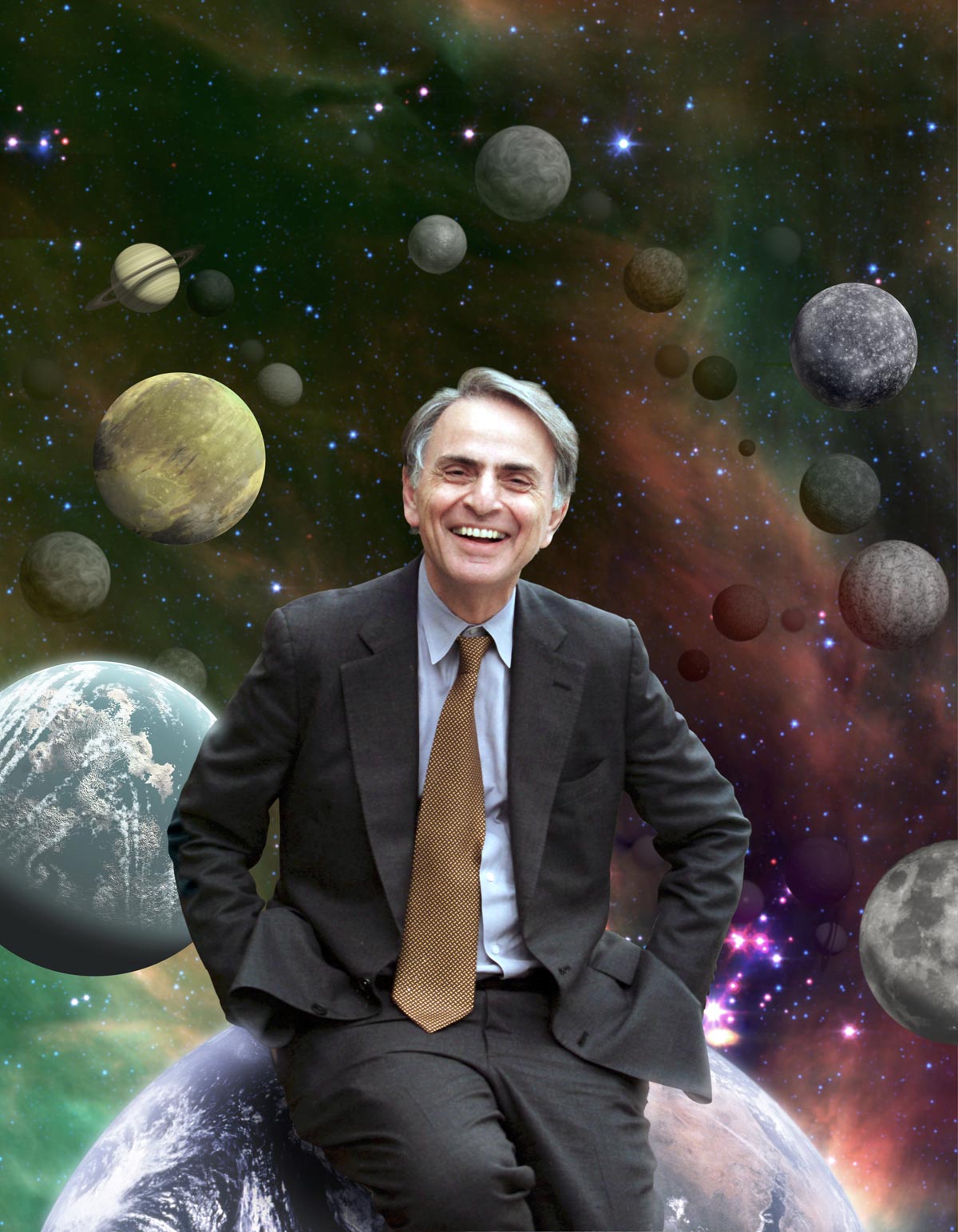By Qingyang Zhang, Y12
Many prominent scientists are also science popularisers, bringing abstract concepts about the nature of the universe to the public. Stephen Hawking’s book, A Brief History of Time, Richard Dawkin’s The Blind Watchmaker and Carl Sagan’s Cosmos are great examples of books written by scientists for the general public. David Attenborough, Brian Cox, Jim Al-Khalili, Neil deGrasse Tyson and countless other scientists present TV shows and online lectures on the wonders of life and the world around us. But what is the point?
It can be argued that popularising science is a waste of time, money and effort. Demanding exams, a university degree, and many years of experience are necessary to become a scientist. People sitting on a sofa will not become experts at wildlife preservation even after watching all the episodes of BBC Earth.
Well, programs like BBC Earth and A Brief History of Time are entertaining, with (arguably) more aesthetic value than many TV shows and books. However, do they have more value than simply entertainment?
I think the children are the biggest beneficiary of science popularisation. The beautiful cinematography in Brian Cox’s Forces of nature series can help children develop a deep interest in the universe. It is much harder to develop such fascination in science classrooms, where students are lost in tedious calculations without appreciating the real-life applications of their number-crunching. Personally, I wanted to become a scientist at the age of 6, after reading the biography of Lin Qiaozhi, a female doctor. Science popularisation can certainly serve as inspiration for children to pursue a scientific career.
Moreover, science popularisation provides valuable historical lessons to adults as well as to children. Knowing the science behind nuclear bombs dropped on Nagasaki and Hiroshima, the public can learn historical lessons that are applicable to non-scientific contexts. They can question the point at which an intellectual pursuit turned malevolent, for example. Many physicists with benevolent intentions contributed to a deeper understanding of the energy that can be harnessed from atoms, but others used their results to engineer a weapon. Given that scientific discoveries can have unforeseeable results, how should scientific research be regulated by the state? The allies launched the Manhattan project, aiming to build a nuclear bomb before the Germans. They ended up dropping two nuclear bombs on Nagasaki and Hiroshima, doing harm with the intention of ensuring peace. Another open-ended question arises: how should scientists (and people in general) who have good intentions but cause vastly harmful consequences be viewed?
As well as learning historical lessons from popularised science, the public also has the right to know about scientific research funded by the government, so they know where a small part of their taxes go toward. The importance of the public’s scientific literacy becomes increasingly important with the current Covid-19 pandemic. People should have an understanding as to how and why scientists and the government make certain decisions. Myths and fake news propagate when the public does not have basic scientific literacy. For example, following the global advocacy to wash hands regularly, some people start talking about how the coronavirus can get through your skin, which reflects their misunderstanding of how viruses interact with human cells. Having a basic understanding of exponential growth can help us understand the soaring number of cases. Being scientifically literate also allows us to understand how the WHO generates the knowledge it transfers to the public. By understanding where it comes from, we can be aware of the limitations of that knowledge, and be calm, critical thinkers in this time of fear, uncertainty, and misinformation.
*Cover photo: Carl Sagan, renowned popular astrophysicist and creator of the TV show Cosmos



